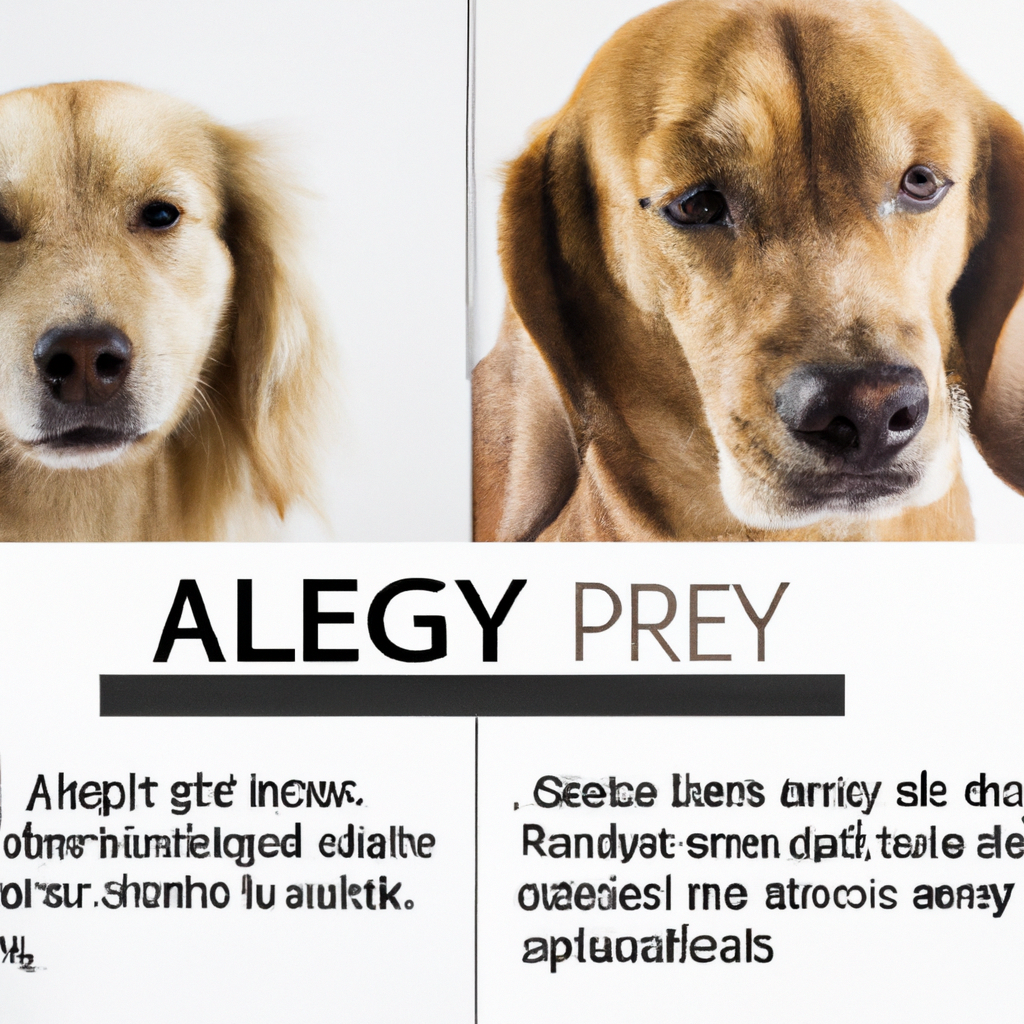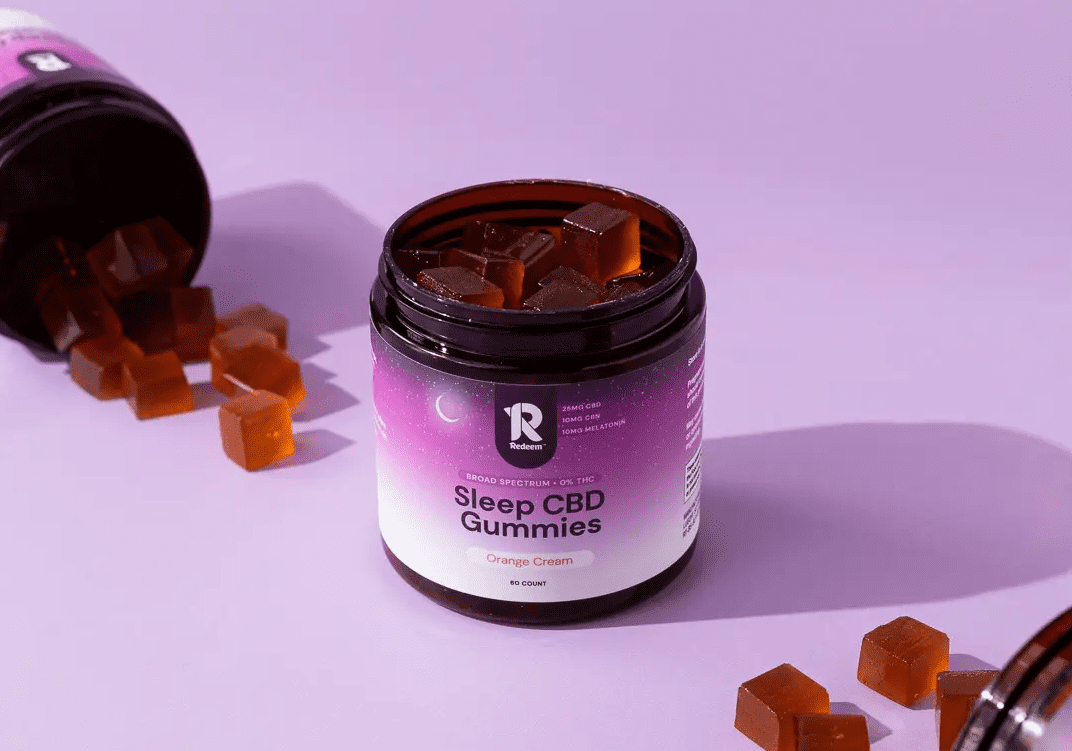Dog Breeds That Are Good for Allergy Sufferers
Dog Breeds That Are Good for Allergy Sufferers Living with allergies can be challenging, especially for those who are

Dog Breeds That Are Good for Allergy Sufferers
Living with allergies can be challenging, especially for those who are passionate about having a furry companion. However, there’s good news for allergy sufferers: certain dog breeds are considered hypoallergenic, meaning they produce fewer allergens or dander compared to other breeds. While no breed is completely allergen-free, these breeds are known to be more compatible with allergy-prone individuals.

Bichon Frise
The Bichon Frise is a small, fluffy breed known for its playful and affectionate nature. They have hair-like fur that doesn’t shed much, making them a great choice for allergy sufferers. They require regular grooming to prevent matting, but their hypoallergenic coat makes it worth the effort.

Poodle
Poodles come in various sizes, from toy to standard, and all of them are hypoallergenic. Their curly, dense coat minimizes shedding and dander. Poodles are also highly intelligent and trainable, making them popular among families and individuals with allergies.

Maltese
The Maltese is a small breed with a long, silky coat that is hypoallergenic and low-shedding. They are gentle, affectionate, and well-suited to apartment living. Although their coat requires regular grooming to keep it looking its best, it won’t trigger allergy symptoms as much as other breeds.
If you have allergies and are considering getting a dog, it’s essential to spend time with the breed before bringing them home. Every individual’s allergies are different, and what works for one person may not work for another. Regular bathing, grooming, and keeping a clean environment can also help reduce allergens in your home.
Remember, adopting a hypoallergenic breed doesn’t guarantee you won’t experience any allergy symptoms, but it can significantly minimize the frequency and severity of your reactions. Always consult with your doctor or allergist before making a decision.






